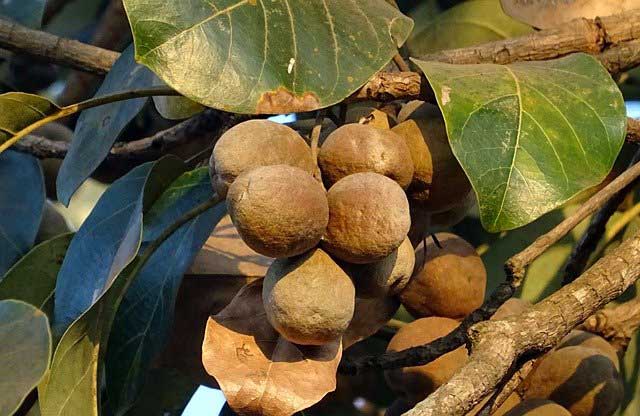
Trees and Vastu
Human nature has had an inseparable relationship with trees and plants for centuries. The tree is the basis of human life. The contribution of trees is paramount not only in preventing increasing pollution, but also in the balance of climate and environment. From trees we get fruits, flowers, medicine and wood etc., at the same time planting trees and plants in and around the house is the religion of human beings.
Horticulture has an inseparable relationship with home-arrangement and town-arrangement. This has been explained in detail in astrological and architectural texts by our sages and sages. According to astrological texts, different planets of our solar system dominate different types of trees. The sun has a special right over the trees which are tall and strong and have hard stems (rosewood etc.). The moon has an effect on milk trees (cedar etc.). Moon and Venus have authority over Lata, Valli etc. Rahu and Ketu have special rights over bushy plants. Saturn has authority over trees that do not have special sap, weak, unpleasant to look at and dry trees.
All fruit trees are in the category of Jupiter, Mercury has authority over fruitless trees and Venus over fruit, smooth flowering trees. There is Swamichandrama of medicinal herbs. In Ayurvedic medical system, the plant-borne disease is treated only with the herbs and medicines that come under a planet. As is done.
Gemstones related to mantra recitation, havan, meditation and remedy are used to avoid the ominous effect of planets. Due to the high value of all these, many times they are out of reach of the general public. In such cases, the roots of some plants are used as an alternative to gems. According to the texts of Vaastu Shastra, if Pakdar tree is in the south, Bad in the west, Gular in the north and Peepal in the east, then it is ominous.

In contrast, Pakdar in the north, Bad in the east, Gular in the south and Peepal tree in the west are auspicious. Due to having thorny trees (acacia etc.) near the house, fear of enemies, loss of wealth from milky trees (Aak, Katali etc.) and fruit trees are harmful for the offspring. These trees should not be planted near the house and their wood should not be used in the house. If it is not possible to remove these trees for any reason, then by planting auspicious trees like Nagkesar, Ashoka, Arishta, Kathal, Shami among them, the defect is removed.
Making a garden or pond in the east, north-west or north-east corner of the house is extremely auspicious. Light flowering plants, vines and vines and plants with medicinal properties like Tulsi, Amla etc. should be planted in the northeast corner garden. Neem, pomegranate, ashoka, coconut, betel nut and basil, rose, sandalwood, mogra, jasmine and grape plants are auspicious around the house. At some distance from the house, Amla should be planted in the northeast, Tamarind in the southwest, Pomegranate in the igneous, Cath and Pakdar in the north, Rose in the south and Peepal in the west.
The importance and usefulness of trees in our weapons can be gauged from the fact that according to the scriptures, a person who plants one peepal, one neem, ten tamarind, three cath, three vine, three amla and five mango trees, is a pious person. Happens and never sees hell.
If you have any questions related to Trees and Vastu then write in the comments section or you can also email us. I wish you and your family a happy and prosperous life.
Polite statement
“Protect Holy Mother Cow, Serve Parents and Respect Women”